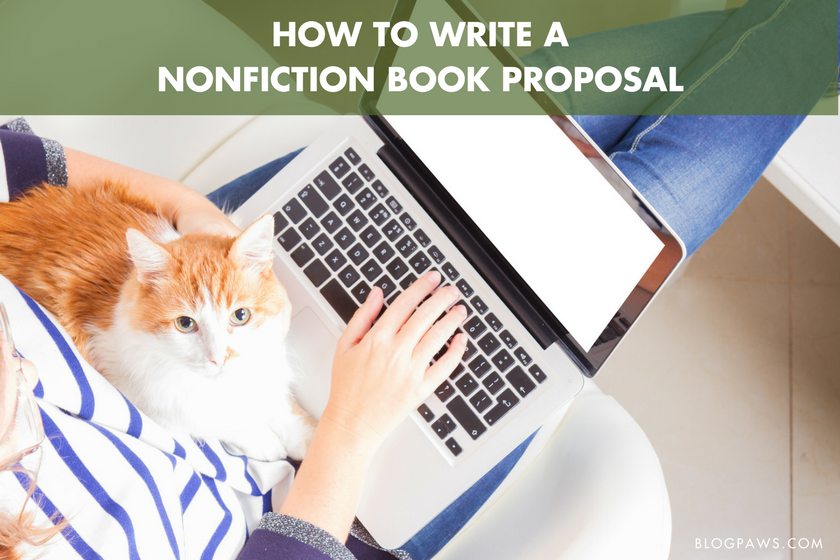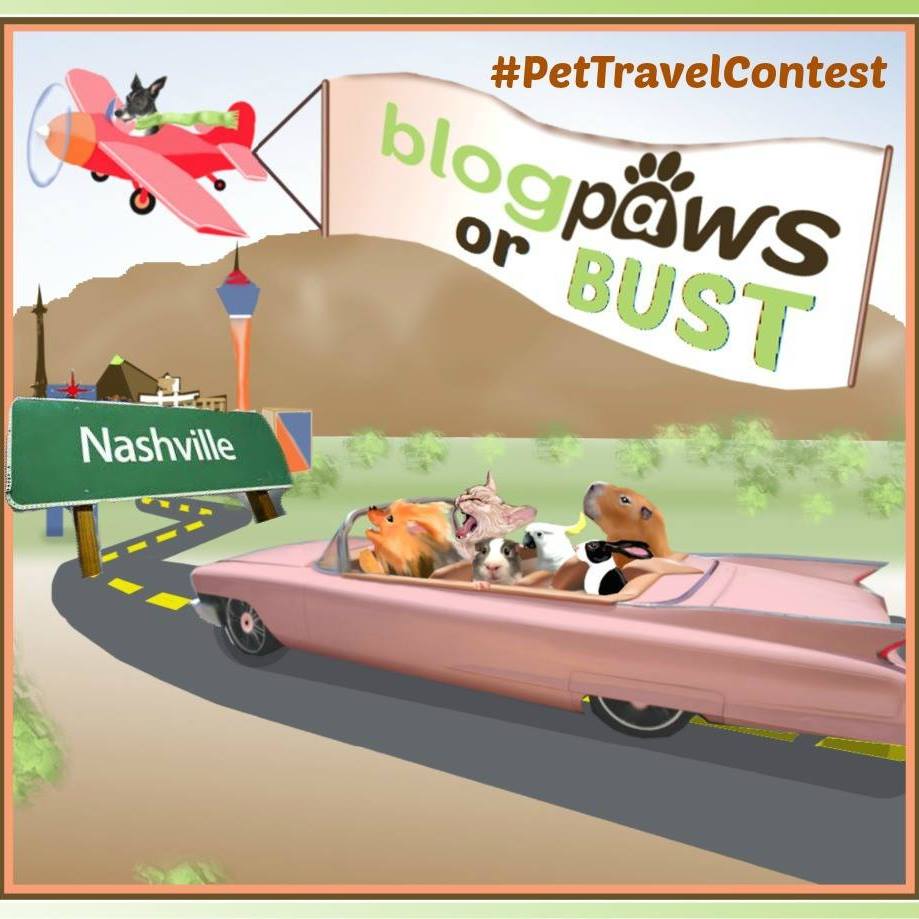How to Write a Nonfiction Book Proposal
It happens often. Someone tells me that they have a great idea for a book. The premise is engaging and the potential author is supported by a strong social media platform. But when I ask about their book’s Proposal, the energy of that aspiring author dwindles.
Getting your book’s Great Idea (because every book springs from an idea) on paper can be daunting, but your Proposal is the blueprint for your book, its foundation. From a strong Proposal your project will find its way to a good book, maybe even great one! Your well-crafted Proposal lets a publisher know that you, the author, can successfully complete a book project, and then helps sell your book because, in the end, publishing is a business.
Most nonfiction projects will require a strong full Proposal from 10 to 50 pages in length, depending on the book’s genre and range of subject matter.
Each literary agent will have you format your proposal to suit their style and specifications, but there are some basics.
Here’s how to write a nonfiction book proposal:
A Full Proposal is comprised of several parts:
- Overview
- Your qualifications – Tells why you’re qualified to write this book and includes bio plus accomplishments/resume
- Marketing Platform – Explains how the book be promoted (The Sell Factor)
- Competition/Comparable Titles – Where your book fits in the market, what makes it different
- Chapter Outline – How your story will be structured
- Sample Chapters
- Bibliography
Here’s some good news: For a work of nonfiction, you don’t need to write a complete book. An agent or editor only needs to see a Proposal and sample chapters. The editor/publisher may really like your idea and writing ability, but they will have their own ideas for the structure and style of the book. You’ll invest your time wisely by writing in the requested format and word count of the acquiring editor.
The building blocks of a nonfiction book proposal:
Overview – In your overview you are summarizing your book, letting the agent or editor know your book’s general focus. What do you hope to impart or share with your book; what is its purpose? Why does the world need it at this particular time? This is where an agent or editor will get a feel for your writing capabilities/storytelling flair, how you use language, how your personality comes off the page as well. The overview must simply reflect, from start to finish, what your readership will take away from its reading.
Qualifications – Explains why you’re the best person to write this book. Editors and agents may be interested in your “platform.” In today’s market, that translates to social media presence; do you tweet, post on FB, use Instagram or Pinterest? Do you have an author’s website or a blog? You truly don’t need a trillion followers, but it’s helpful to show that you understand your subject matter, and that those who read your posts recognize this and will buy your book! If you don’t have a platform, start one ASAP, and indicate that you have plans for growth. Do you speak at conferences, at schools, take courses to improve your writing or attend workshops?
Marketing – Many a great book proposal, even those loved by editors, are killed in the marketing stage! That’s why your marketing plan is your key to success. Is your topic hot? Cite articles/movies/TV series that show this. Who’s your audience? NEVER say it’s a book for everyone. Do you have contacts or connections to marketing venues that will reach many? Show the agent or editor that you know your area of expertise. Educate them so that so they can fight for your project. Can you identify multiple or large markets for readership? If so, you may prevent an editorial committee from considering your audience too small.
Competition/Comparable Titles – How does your book size up to others on the market? Look for books that are most similar to yours (i.e. age group and interest). Seek titles from larger publishers if you can and books that are still in print, or were published no more than a few years ago. However, if a book has been a steady seller and it’s a bit older, acknowledge that. Use sites like Barnes & Noble and Amazon and perform Google searches. Don’t trash the competition; you might just be pitching to an editor who worked on one of your listed titles, or was put out by an imprint of that book’s publisher (it’s a small world with currently only five major houses with several imprints each). Explain briefly how your book will provide new information, or be told from another point of view. List five to six titles tops.
Chapter Outline – A complete outline of your book with a brief summary of each chapter’s takeaway point or purpose.
Sample Chapters – It’s safe to send the first three consecutive chapters; however, if there’s a particularly strong or riveting scene in a later chapter, consider presenting it.
A few more tips for your book proposal:
You can add images throughout your proposal, including photos, graphs, videos, maps, etc.
Include an Author’s Note section. This strengthens the story and shows what compelled you to write your book, and a strong bibliography will often be required.
Typically a query (a topic to be discussed in a later installment) precedes a request for a Proposal, so always inquire as to what the requestor would specifically like to see in your book’s proposal, or check the publisher’s or agency’s Writer’s Guidelines section.
Then, proof and proof again. Take a breath send and celebrate! Your Proposal may fulfill its purpose – making you a proud published author! Good luck.
Have you considered writing a book? What questions do you have about how to write a nonfiction book proposal?
According to Chinese star-gazers, Lisa Begin-Kruysman was born during the Hours and the Year of the Dog. It’s no surprise then that she’s made canines the focus of her award-winning works of Fiction and Non-Fiction, and social media platform. She is the recipient of the DWAA’s Maxwell Medallion and the North Shore Animal League America Award and the author of Dog’s Best Friend: Will Judy, Founder of National Dog Week and Dog World Publisher (McFarland & Co. – 2014). She will be seeking proposals from those in the dog writing industry who wish to participate in a new series of educational webinars to be offered by the DWAA later this year.
Images: Sugarbee/Shutterstock.com and Neirfy/Shutterstock.com





